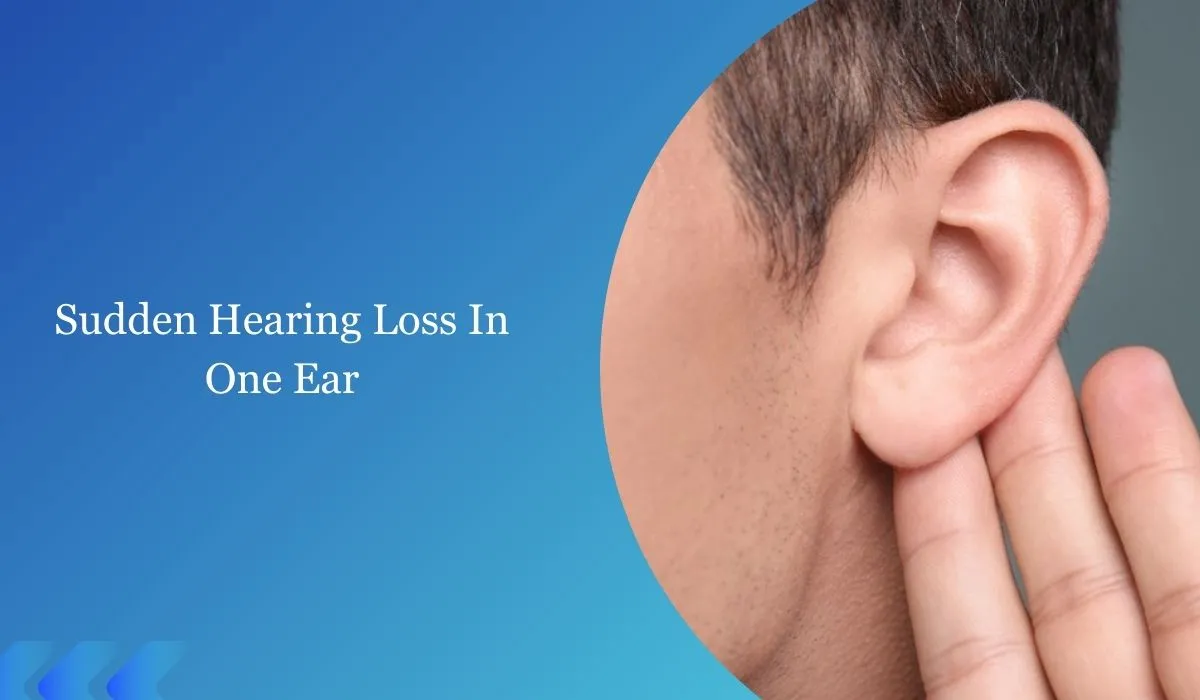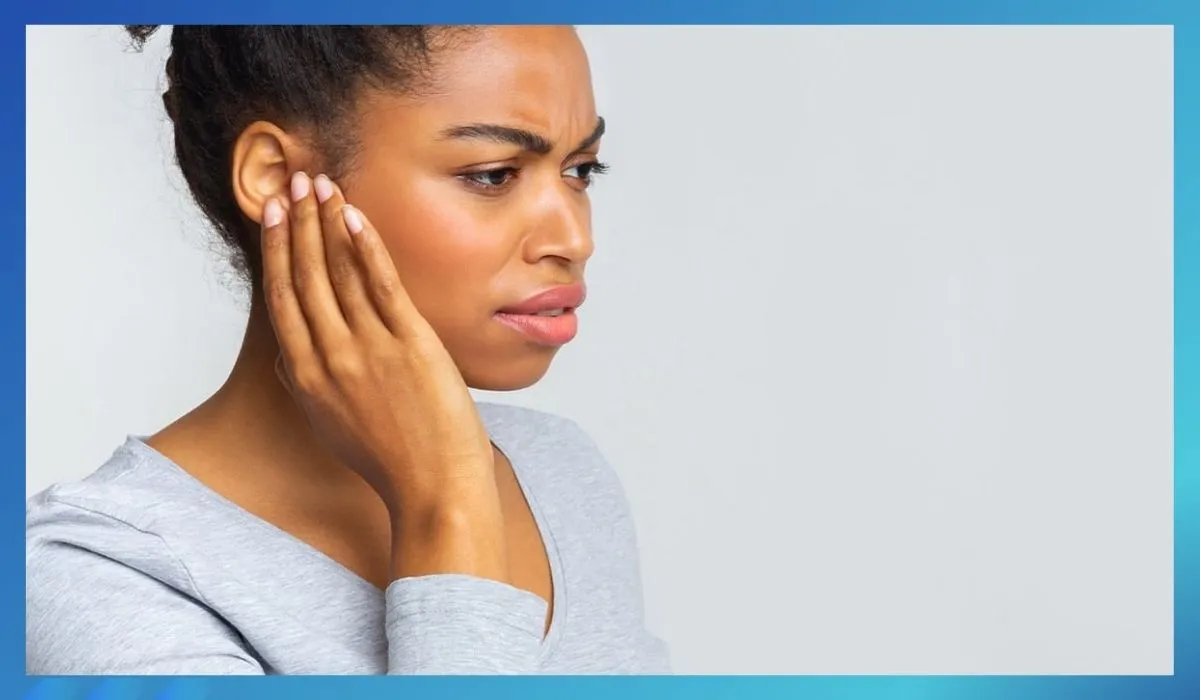Coping With Sudden Hearing Loss In One Ear: What You Need To Know
Sudden hearing loss in one ear can significantly impact communication and daily activities, prompting a need for immediate evaluation by a healthcare professional.

Disclaimer: Our recommendations are sincere, driven by the products’ benefits. When you buy through our links, we may earn a commission, backing our testing and development at no extra cost to you.
Sudden hearing loss in one ear can be scary and confusing. Imagine waking up one morning and finding that everything sounds muffled or faint in just one ear. This sudden change can affect your ability to communicate, work, and enjoy everyday activities. But don’t worry, you’re not alone. In this article, we’ll explore what it is, why it happens, and what you can do about it.
What is Sudden Hearing Loss In One Ear?

Sudden hearing loss, also known as sudden sensorineural hearing loss (SSHL), happens when you lose hearing in one ear all of a sudden, often within a few hours or days. It’s like someone turned down the volume in just one ear, and sounds become harder to hear or understand.
What Causes Sudden Hearing Loss?
Doctors are still figuring out the exact reasons why sudden hearing loss in one ear happens. As per the National Institute On Deafness, it could be due to problems with the inner ear, such as damage to the tiny hair cells or issues with the nerves that send sound signals to the brain. Other factors like infections, head injuries, or problems with blood circulation to the ear might also play a role.
What Are the Symptoms?
You might notice that sounds seem quieter or more muffled in one ear compared to the other. Some people also experience ringing in the affected ear, called tinnitus. It’s essential to pay attention to these symptoms and seek help from a doctor right away.
What Can You Do About It?
If you experience sudden hearing loss in one ear, don’t wait—see a doctor as soon as possible. They can perform tests to check your hearing and figure out the cause of the problem. Treatment might include medication, hearing aids, or therapies to help improve your hearing and reduce any ringing or discomfort.
Tips for Coping
While you’re waiting to see a doctor or during your treatment, there are a few things you can do to cope with sudden hearing loss:
- Let people know about your hearing loss so they can speak louder or repeat things if needed.
- Avoid loud noises and protect your ears from further damage.
- Stay positive and patient—recovery from sudden hearing loss can take time, but many people improve with the right treatment and support.
Conclusion
Sudden hearing loss in one ear can be alarming, but there is hope. By understanding the causes, recognizing the symptoms, and seeking prompt medical attention, you can take steps to address the problem and improve your hearing. Remember, you’re not alone, and there are resources and treatments available to help you navigate this challenge and regain your quality of life.
Randi Leigh Carter
Randi Leigh Carter is a licensed audiologist with over 15 years of experience in treating hearing health issues. She holds a Doctor of Audiology (Au.D.) degree from the University of Miami and is certified by the American Speech-Language-Hearing Association (ASHA). As the founder and director of Clarity Hearing Solutions, a leading audiology practice in South Florida, Dr. Carter specializes in the assessment, diagnosis, and treatment of a wide range of hearing disorders, from age-related hearing loss to tinnitus and auditory processing issues. She is passionate about helping her patients improve their quality of life through personalized hearing care. In addition to her clinical work, Dr. Carter is a respected researcher and speaker. She has published numerous articles in peer-reviewed journals on topics such as the impact of hearing loss on cognitive function and the use of advanced hearing technologies. She is also a frequent presenter at national and international audiology conferences, sharing her expertise and insights with her colleagues. Beyond her professional achievements, Dr. Carter is deeply committed to community outreach and education. She volunteers with local organizations to provide free hearing screenings and hearing aid assistance to underserved populations. She also serves on the board of directors for the Florida Academy of Audiology, where she works to advance the field and advocate for better hearing healthcare policies.
